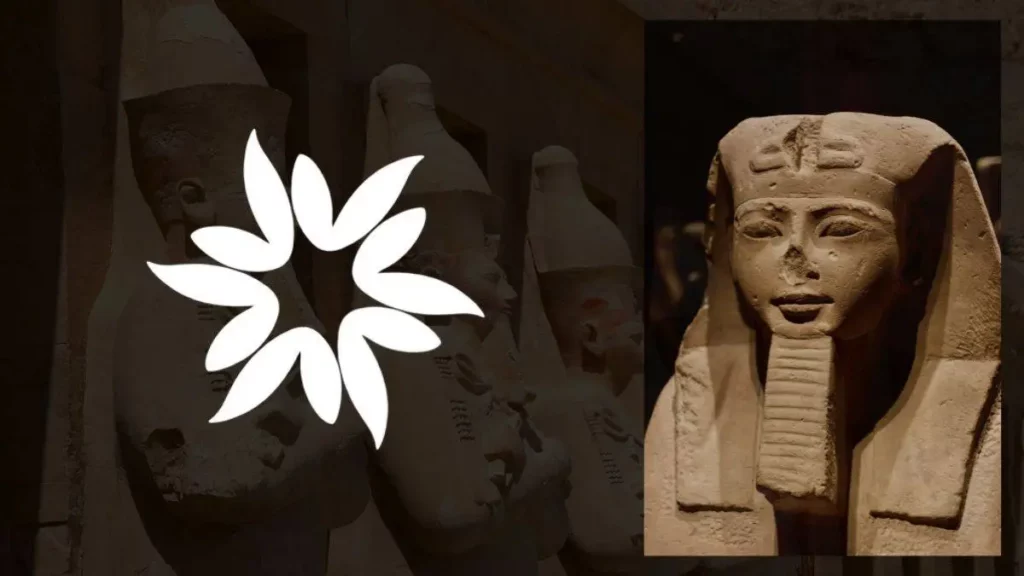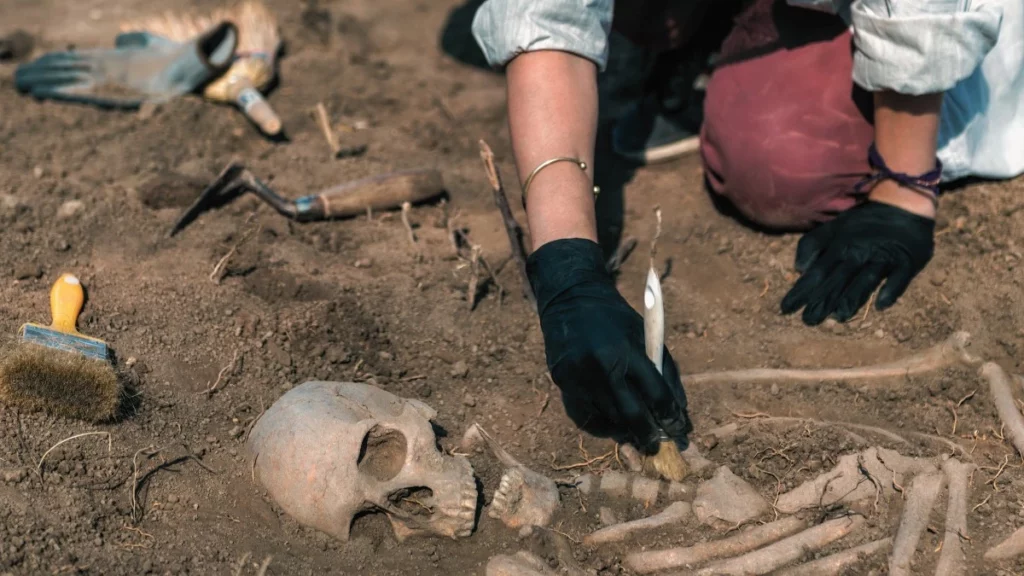Discover how a 13-year excavation in Interamna Lirenas, Italy, challenges long-held views on the Roman Empire’s fall, revealing a thriving town with sophisticated urban features well into the 3rd century AD.
Key Takeaways
- A 13-year archaeological excavation in Interamna Lirenas, Italy, upends traditional beliefs about the Roman Empire's collapse, revealing a thriving town until the 3rd century AD.
- Urban features like public baths, a temple, a warehouse, and a theater were discovered, disproving the idea of the town being a "backwater."
- The findings, including a detailed pottery analysis, suggest many Roman towns might have been more resilient than previously thought.
A Discovery That Changes Historical Timelines
The excavation in Interamna Lirenas, led by Alessandro Launaro from the University of Cambridge, has dramatically altered our understanding of the Roman Empire’s decline. Using geophysical surveys and targeted excavations, archaeologists revealed a town with urban amenities like a roofed theater, marketplaces, warehouses, and a river port. This contradicts previous assumptions that Interamna Lirenas was in decline from the late 2nd or early 1st centuries BC.
The Resilience of Roman Urbanism
Analysis of common ware pottery used for cooking, rather than imported pottery, provided a more accurate picture of the town’s endurance. Contrary to past beliefs, Interamna Lirenas thrived until the latter part of the 3rd century AD. The town, with an estimated population of 2,000 residents, was self-sufficient and robust in trade, indicating a strong regional economy.
Interamna Lirenas’ Role in the Roman Era
Further research suggests that Interamna Lirenas was not only a key trading hub but also a vital part of the regional urban network, likely visited by Julius Caesar in 46 BC. Archaeological evidence, such as a large warehouse and a river port, supports the town’s importance in trade routes between key centers in Italy. Additionally, the presence of a roofed theater, large enough to seat 1,500 visitors, speaks to the town’s cultural and economic prosperity.
The End of an Era
Despite the lack of evidence for a violent end, it is believed that the town was gradually abandoned, likely due to fears of marauding armies. This gradual decline, rather than a sudden collapse, offers a new perspective on the resilience of Roman towns and challenges preconceived notions of the Roman Empire’s fall.
The results of this extensive excavation not only rewrite a significant chapter in Roman history but also showcase the importance of modern archaeological techniques in revealing the true stories of ancient civilizations.
















